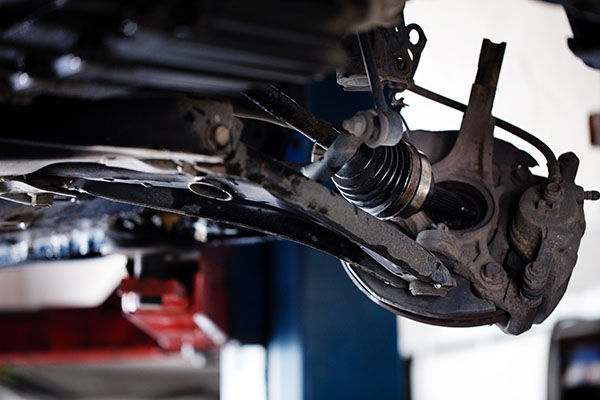
Axles are an essential component of a vehicle’s drivetrain, responsible for transferring power from the engine to the wheels. While often overlooked, understanding the role of axles is crucial for comprehending vehicle performance and ensuring proper maintenance.
Axles? What Do They Do?
Axles play a vital role in vehicle performance and handling. They are responsible for transmitting torque from the engine to the wheels, enabling propulsion and allowing for smooth acceleration and efficient power distribution. Axles also bear the weight of the vehicle and provide support, ensuring stability and balance during driving maneuvers.
Are There Different Types of Axles?
Live Axle
Live axles are commonly found in rear-wheel-drive vehicles and some all-wheel-drive vehicles. In this design, the axle shafts are connected directly to the wheels, allowing power to be transmitted to them. Live axles also house the differential, which distributes power between the two wheels on the same axle.
Independent Suspension Axle
Independent suspension axles are typically utilized in front-wheel-drive and many modern rear-wheel-drive vehicles. In this system, each wheel is supported by its own axle, allowing independent movement. Independent suspension axles provide enhanced handling, ride comfort, and better traction on uneven surfaces.
Semi-Floating Axle
Semi-floating axles are commonly used in light-duty trucks and passenger vehicles. In this design, the axle shafts bear the weight of the vehicle but are not responsible for transmitting power. The axle shafts are supported by the axle housing, while the power is transferred through the differential and drive shaft.
Maintenance Practices for Axles
To ensure optimal performance and longevity of your vehicle’s axles, regular maintenance is essential. Here are some key practices to follow:
- Lubrication: Proper lubrication of the axle components is crucial to reduce friction and prevent premature wear. Regularly check and replenish the axle fluid or gear oil as recommended by the vehicle manufacturer.
- Seals and Boots: Inspect axle seals and boots for signs of damage or leaks. Damaged seals can lead to fluid loss and contamination, while cracked or torn boots can allow debris and moisture to enter, potentially damaging the axle joints. Replace any damaged components promptly.
- CV Joint Maintenance: If your vehicle has constant velocity (CV) joints, which are common in front-wheel-drive and some all-wheel-drive vehicles, inspect them for signs of wear or damage. CV joints require proper lubrication and protection, so check the boots regularly for cracks or leaks. Replace the boots or joints if necessary.
- Suspension Alignment: Proper suspension alignment is crucial for maintaining even tire wear and preventing stress on the axles. Regularly check and align the suspension components to ensure the axles are properly aligned.
- Driving Habits: Avoid aggressive driving, rapid acceleration, and abrupt braking, as these can place excessive stress on the axles and other drivetrain components.
Auto Excel is here to help with all of your axle repairs and maintenance. Furthermore, we can check up on your vehicle and see everything else that is wrong! Contact us at (859) 608-9279 or book an appointment right away through our website.

